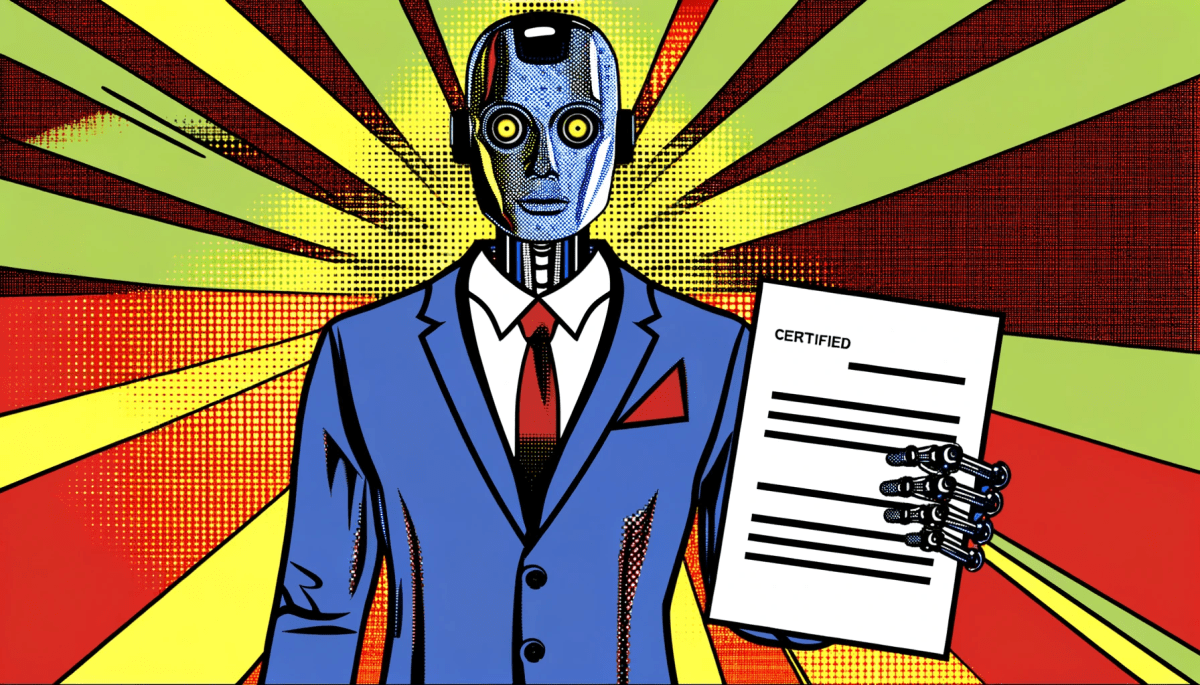You’ll almost always end up doing missions with other people other than when you intentionally want to do certain tasks solo.
A lot of the game is built around guilds and player to player interactions.
PvP sucks and it’s almost all PvE content vs Destiny though.









In many cases yes (though I’ve been in good ones when playing off and on, usually the smaller the more there’s actual group activities).
But they are essential to be a part of for blueprints and trading, which are very core parts of the game.